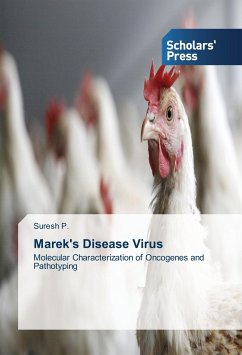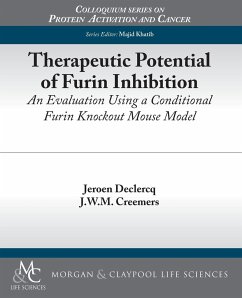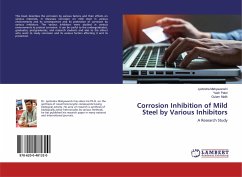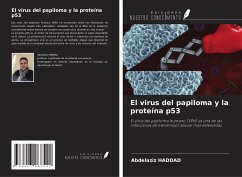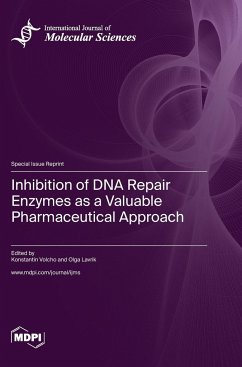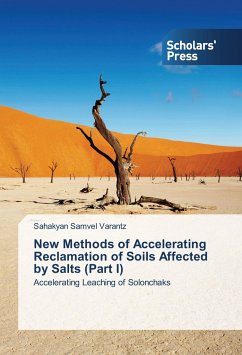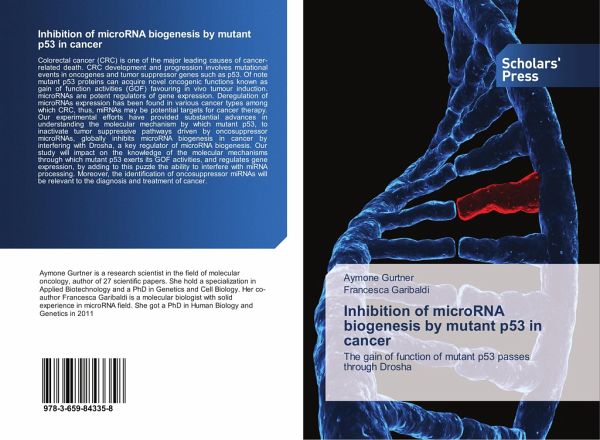
Inhibition of microRNA biogenesis by mutant p53 in cancer
The gain of function of mutant p53 passes through Drosha
Versandkostenfrei!
Versandfertig in 6-10 Tagen
30,99 €
inkl. MwSt.

PAYBACK Punkte
15 °P sammeln!
Colorectal cancer (CRC) is one of the major leading causes of cancer-related death. CRC development and progression involves mutational events in oncogenes and tumor suppressor genes such as p53. Of note mutant p53 proteins can acquire novel oncogenic functions known as gain of function activities (GOF) favouring in vivo tumour induction. microRNAs are potent regulators of gene expression. Deregulation of microRNAs expression has been found in various cancer types among which CRC, thus, miRNAs may be potential targets for cancer therapy. Our experimental efforts have provided substantial advan...
Colorectal cancer (CRC) is one of the major leading causes of cancer-related death. CRC development and progression involves mutational events in oncogenes and tumor suppressor genes such as p53. Of note mutant p53 proteins can acquire novel oncogenic functions known as gain of function activities (GOF) favouring in vivo tumour induction. microRNAs are potent regulators of gene expression. Deregulation of microRNAs expression has been found in various cancer types among which CRC, thus, miRNAs may be potential targets for cancer therapy. Our experimental efforts have provided substantial advances in understanding the molecular mechanism by which mutant p53, to inactivate tumor suppressive pathways driven by oncosuppressor microRNAs, globally inhibits microRNA biogenesis in cancer by interfering with Drosha, a key regulator of microRNA biogenesis. Our study will impact on the knowledge of the molecular mechanisms through which mutant p53 exerts its GOF activities, and regulates gene expression, by adding to this puzzle the ability to interfere with miRNA processing. Moreover, the identification of oncosuppressor miRNAs will be relevant to the diagnosis and treatment of cancer.



